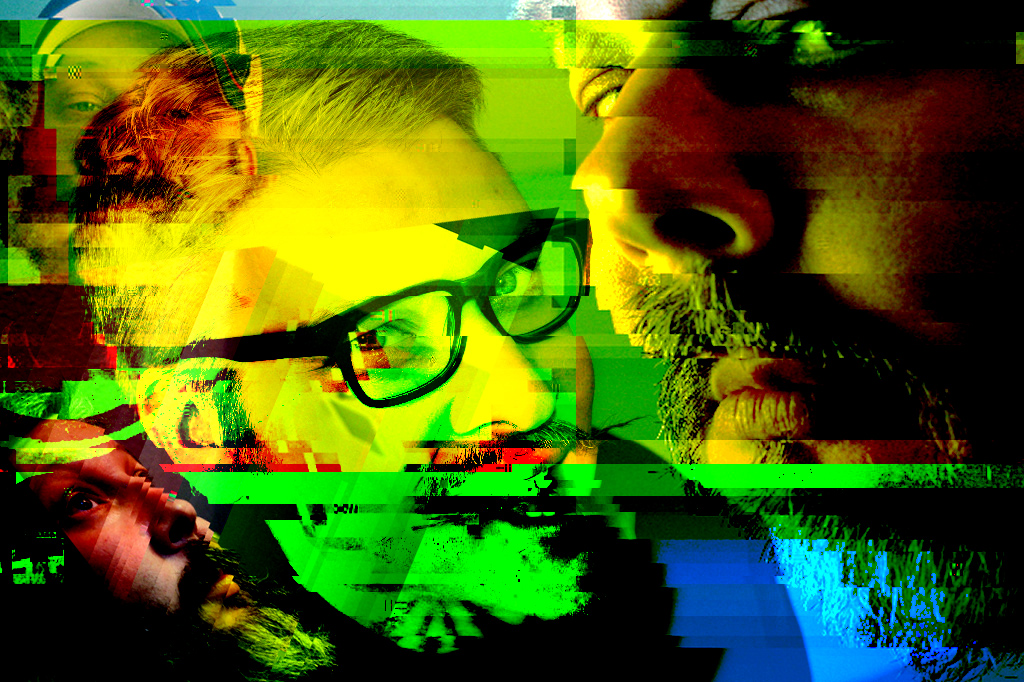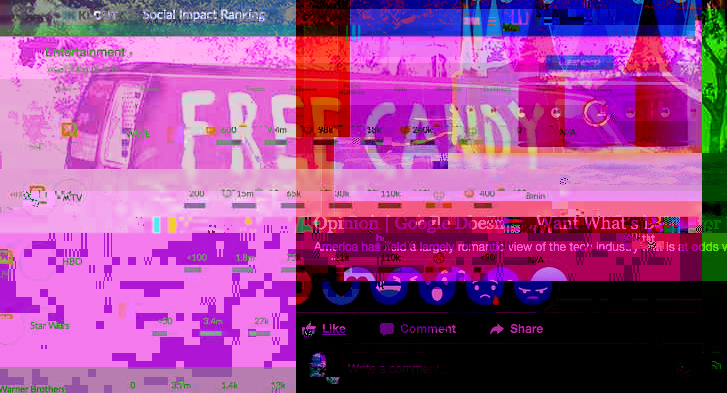
My hate for myself is incredibly persistent.
Why?
Simple. This is all I have ever know.
Many of us have difficulty sleeping in a new place, or bed when we’re traveling. Thinking positively about who I am is no different. My natural state is one of inner criticism and self loathing. A compliment from a friend or a stranger is a dumb luck, no big deal, or dismissed in some other way. Challenging that natural state further activates the inner critic. I’ll call the critic, Chet.
“Stop thinking for other people. If she thinks I did good work, accept it.”
Chet replies, “You can’t accept the compliment because you don’t deserve it. You’re not worthy.”
“I did my best.”
“That’s your best? She doesn’t like it. She’s being kind.”
“I wish I had more time, it would have been better.”
“So it wasn’t your best,” remarks Chet.
“Well, I…”
“Do you think other people have to tell themselves to accept a compliment?” asks Chet. “It’s probably just you.”
“I’m working on accepting myself.”
“This is why people never like you. You’re broken Chris. So you need to learn how to fix yourself? Right?”
“It’s not a bad thing.”
“Keep telling yourself that. You’re not special. Everyone has problems. And they don’t have the time or patience for yours. Stop wasting everyone else’s time. You’ll always be this way.”
That’s Chet. Well, that’s me. That is how I treat myself.

Escape
The best way to get out of my head and avoid Chet is distraction. Doing something productive is tied to my identity, so it is typically not helpful. In those situations, self-doubt comes at me hard. What’s left is Netflix, Twitter, Facebook, video games, reading, and other vices. (Interesting to note how much of my attention on that list is owned by companies. Almost like it is their goal.)
Watching Youtube, blowing through a season of a TV show on Netflix and dulling my thoughts is the new “can’t get out of bed.” I shouldn’t say that, each of us have our own challenges. There have been days when I didn’t even want to leave the bed. Watching the plot of a video, or show unfold is obviously better than getting lost in my thoughts of inadequacy. When the day ends and I realize that I’ve done nothing productive, it’s simply another chance for Chet to make me feel low.
Endless scrolling on social networks is an excellent way to silence Chet. Getting lost in the success, or perhaps drama, of others is readily available on Twitter & Facebook. Those companies are competing for the amount of time they can hold my eyeballs captive and they were doing a fabulous job. Even the garbage posts from people with different political views than me are captivating. While I might stop myself from getting sucked into the flaming comments, I will spend my time trying to find at least 3 sources that either prove or disprove the claims. The next thing I know, I’ve lost hours.
On top of being distracting, the positive posts from friends and family on social media further assist Chet. Positive news of exciting trips, new jobs and happy dispositions increase my self-loathing. Comparing myself to others keeps me in that familiar state of sadness and depression. Logically, I know people are only sharing what they choose. Nobody is perfect. Everyone has difficult challenges and it’s quite possible people have filtered those negative events from their social feeds. However, depression is far removed from logic. Emotionally, seeing those cheery posts and humble brags feeds Chet.
On the flip side, there are those on social networks sharing pain and difficulties. Obviously, those are delicious and savoury to Chet as well. Other people hurting is confirmation the world is as dark as I believe it is. That validates Chet’s philosophy– I should stay in the grief and the misery. I’ll never be surprised or out of control that way.
As I write this with my rational mind, I seem to be far removed from it all. However, that’s what I subconsciously desire, that sadness and self-loathing. It is a familiar state that I know how to manage. Feelings of success, and joy may be fleeting and unexpected. “When will those happen again? It’s unpredictable. Better to stay in this familiar sadness,” says Chet.
Escape also comes in the form of assisting others. I’m eager to help a friend or family member for extended periods of time as long as I don’t have to improve myself or think about depression. The unfortunate pitfall is resentment. After a while, I begin to feel good about myself for helping others. Then, Chet will swoop in and tell me that I’m not appreciated by those that I help. Perhaps desperate to cling to that good feeling, I project Chet’s voice onto my friends and family members. It’s an efficient way to self sabotage. Loss of friends and family furthers my journey to darkness. Perhaps this is a behavior I perfected once I started in the working world? So many of us feel under appreciated at work.

Outside Approval
Since I cannot find acceptance within, I attempt to find it outside. I crave approval from people. I must be liked. This task is made all the more difficult by the fact that I project my beliefs onto others. I think for other people. The doctors label this cognitive disorder “mind reading.” You there, reading this text, you think I’m a pathetic white male with a First World problem. “Oh no Chris, your life is so hard, surfing the internet and watching Netflix. Give me a break.” Of course, that’s not your voice. That’s Chet. That’s me believing that I know exactly what you are thinking. It feeds the need to bash myself.
It’s difficult to project like that onto strangers and acquaintances. I can dismiss their compliments because “they don’t know me,” but I do more easily accept the good from people I barely know. Unfortunately, Chet and I think those close to us are trying to protect me. My loved ones are being kind or polite when they give compliments. Once again, I’m mind reading. Though, I feel that our society does have some issues when it comes to honest critiques. You can’t tell your 2 year old niece that her drawing is garbage. We want to encourage her and help her build confidence.
I think we often twist encouragement into compliments, when it doesn’t necessarily have to be that way. Language is a powerful thing. Above, as Chet (my negative self) belittles me, I use words like “never” and “always.” These are finite words directed to keep me down. Saying, “Good job,” to your niece is a bland compliment, not inspiring. Why is it good? Perhaps something like “The face, the legs and arms look great, but look at me. Are my legs and arms connected to my face? Let’s try to draw a belly!”
Encouragement is always done with affection. And, love is built on trust. We cannot have trust without honesty. I would like to believe that critique of my work is far more valuable than compliments. First, learning to tolerate and love myself is a priority. Approval from strangers is also not sustainable. Once I have it, I would crave more and then that stranger becomes a friend. Thus, I fall into the trap where Chet believes friends say what I want to hear, as mentioned above.

The Science Fiction of Being Self-aware
In iRobot, the Terminator films, and many other Scifi movies artificial intelligence has it out for mankind. Discovering its superiority, the A.I. determines that humans are expendable in these stories. Now, that I’m aware of Chet, aware of this part of me that is at home in fear, anxiety, anguish and self-hate, can I rid myself of it? Should I even contemplate the idea of removing a piece of who I am? I believe that’s the easy way out. In fact, this could even be Chet’s idea. How do you remove a part of yourself? Once I fail to accomplish this, Chet swoops back in to tell me what a let down I am.
The difficult and longer path is more likely to be successful. Learning to live with myself will be complicated. Right now, I’m working in groups, and with doctors to achieve this goal. I am seeking to validate, or acknowledge Chet and interject with evidence to counter his thoughts.
Chet loudly proclaims, “Nobody will ever read this post, Chris.”
“How do you know that?”
“It’s obvious. Nobody reads what you write.”
“Show me proof. Look at the numbers, Chet.”
“Ha,” exclaims Chet, “blog visits, Facebook likes, and comments, they’re all fake typically. People just click the buttons, they don’t read the whole thing.”
“Chet, that’s still not evidence. Those are your opinions. Furthermore, I didn’t write this for likes. This post about mental health could help someone else, but right now it is helping me. I’m learning more about myself and you. I’m learning how to explain my troubles to the doctors and how to ask people close to me for help.”
“You certainly need help!”
“Thanks for your input, Chet. Certainly, your attitude has helped me in the past. Perhaps, I was in a dangerous situation or your fear and anxiety saved me from some heartache in one of my past relationships. Yet, I think I’ll stick to believing that this post will be helpful in some way.”
Wish me luck friends. Doing that conversation in my head is much more difficult that typing it. Especially in the moment, when I’m in the middle of a conversation with a real person. A chat with those of you that I ultimately respect is so challenging because I don’t feel worthy. I’m sorry that I never shared this before. I was ashamed, and telling myself I deserved to feel that way. Please seek me out and don’t let me isolate myself. I can only get better at bargaining with Chet if I’m in those situations. I’m grateful you took the time to read this. I’m not alone in having mental health issues. The next time you get cut off on the road or experience bad customer service, try compassion. Perhaps that person has lost a loved one or is dealing with anxiety. It’s better to err on the side of compassion. I’m not there with myself yet, but I’m learning.
#mentalhealth #depression #compassion #fear #emotions

